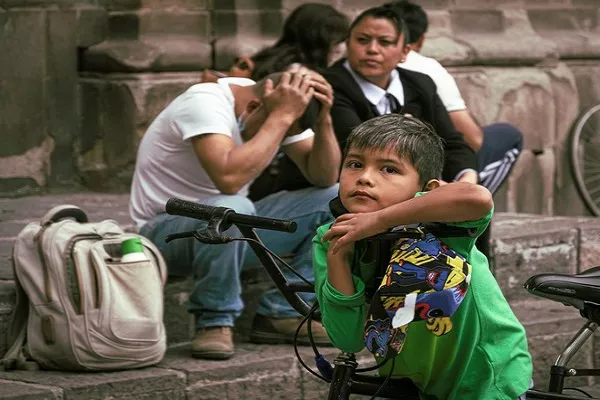India experiences over 170,000 suicides annually, a figure that underscores the urgent need for a comprehensive approach to prevention beyond just mental health considerations. This call for a broader strategy comes as experts advocate for addressing social risk factors, in addition to mental health, to combat the nation’s rising suicide rates.
According to a recent study published in The Lancet on World Suicide Prevention Day, observed on September 10, there is a growing recognition that social factors play a crucial role in suicide prevention. The global suicide toll exceeds 700,000 lives each year, with India reporting one of the highest numbers. In 2022, the National Crime Records Bureau (NCRB) documented 171,000 suicides in India, marking a record-high suicide rate of 12.4 per 100,000 people.
This year’s World Suicide Prevention Day theme, “Changing the Narrative on Suicide,” highlights the need to rethink how suicide is perceived and addressed. A new series of six papers in The Lancet Public Health supports this shift, advocating for a broader understanding that encompasses significant social factors alongside mental health issues.
Rakhi Dandona, Professor of Public Health at the Public Health Foundation of India (PHFI) and a series author, emphasized the need for this expanded focus. “Suicide has been stigmatized as a crime, but it is fundamentally a complex public health issue. While mental health interventions are critical, we now have sufficient data to show that our approach must also consider social determinants,” Dandona told IANS.
The Lancet series underscores the importance of integrating social factors such as poverty, debt, domestic violence, addiction, and social isolation into national suicide prevention strategies. Current strategies, including the National Suicide Prevention Strategy released in 2022, have acknowledged the need for a comprehensive approach. However, experts argue that there should be a stronger emphasis on addressing socio-economic risks alongside mental health interventions.
Youth suicide, in particular, is a pressing concern. More than 40 percent of suicides occur among individuals under 30, with a young person in India taking their life every eight minutes. This tragic loss impacts families, communities, and the nation at large.
The study also identifies unemployment as a significant suicide risk, especially among women. The suicide rate among unemployed women is notably higher at 94.8 per 100,000 people compared to their employed counterparts.
Dandona advocates for expanding current suicide prevention efforts under the National Mental Health Programme to a “whole-government public health approach.” Addressing socio-economic pressures, in addition to mental health, could foster a more supportive environment and prevent individuals from reaching a crisis point.
“Addressing underlying socio-economic pressures, in conjunction with mental health support, is a critical national priority. By adopting a public health approach and promoting cross-sector collaboration, we can create an environment that emphasizes early intervention, reduces stigma, and ultimately saves lives,” Dandona concluded.
Related topics:



























